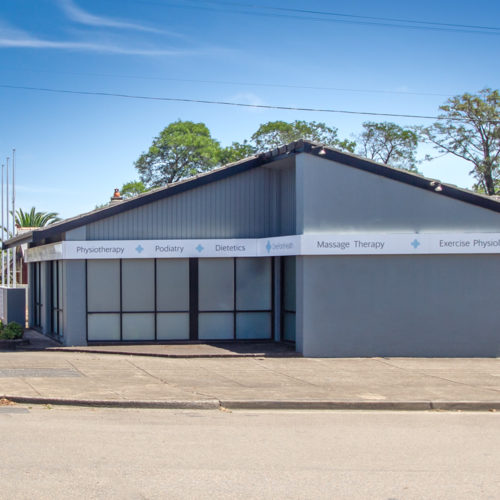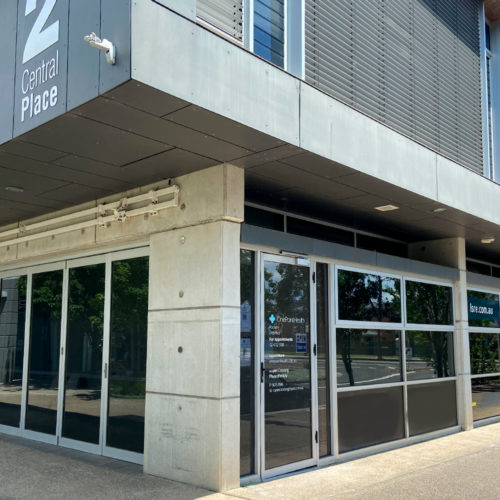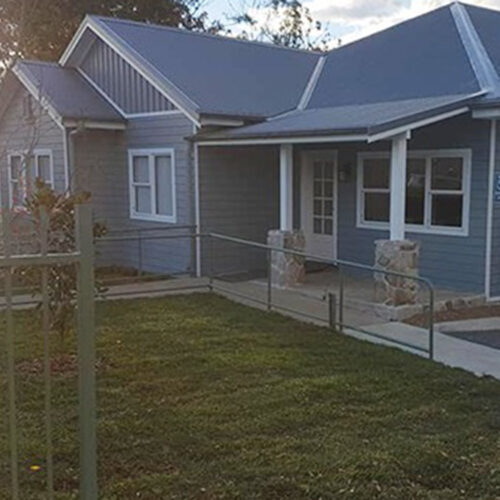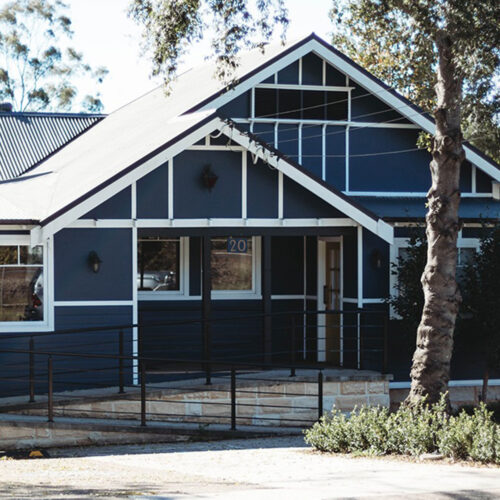What are Tarsal Coalitions?
A tarsal coalition is the name given to when two bones in the back of the foot (tarsal bones) form an abnormal connection, where normally they would be separated. Coalitions may also involve fusion of accessory (extra) bones in the foot.
Commonly, tarsal coalitions are congenital and related to deformity present since birth. Coalitions may also be acquired through degenerative joint disease, arthritis, infection, trauma, or clubfoot.
Signs and Symptoms Tarsal Coalitions
The majority of coalitions will not cause problems until adulthood. If symptoms present in a child, it is usually as a result of an increase in activity levels, or an injury to the area.
Signs and Symptoms include:
- Stiffness in the foot
- Pain around the outside or top of the foot
- Painful limp
- History of ankle sprains
Conservative Treatment for Tarsal Coalitions
If your coalition does not cause problems for you, then no treatment is necessary. If your coalition is causing pain or functional issues, there are non-surgical options which include:
- Orthotics: to accommodate any abnormal walking patterns and alleviate pains associated with your coalition
- Anti-inflammatory. Nonsteroidal anti-inflammatory drugs (NSAIDs), like ibuprofen, naproxen, or aspirin, will help with pain and swelling as per GP instructions.
- Casting: may be used to immobilise your foot and ankle until pain and inflammation has subsided.
- Activity modification. An initial change to your exercise regime or daily activities may be needed to avoid the condition getting worse. The introduction of a low impact alternate activity may also be of benefit such as swimming.
- Strengthening/Isometric loading. It is important that strength is addressed for this condition so that the affected area can tolerate more load. This is done initially with isometric loading to load up the affected area in a pain free way.
- Adequate footwear. Supportive footwear may also be recommended to stabilise the foot and ankle.
Surgery for Tarsal Coalition
In cases that are non-responsive to conservative treatment, surgical intervention may be required.








